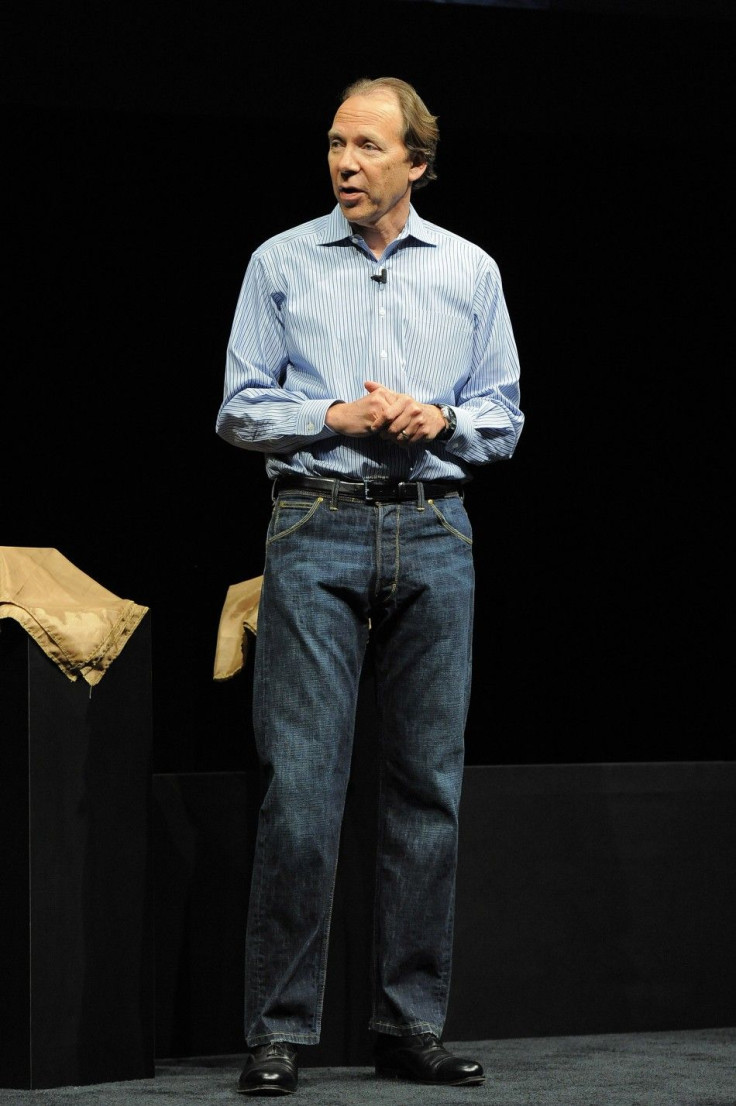iPhone 5 Sprint: Carrier's Stock Continues Rapid Fall Despite Apple News

Sprint is putting huge stakes on the iPhone 5, and future iPhones to come.
Yet the market has not reacted kindly to the news. Sprint shares fell 10 percent to $2.73 Monday after the Wall Street Journal reported that the wireless carrier has committed to ordering at least 30.5 million iPhones, costing $20 billion, in preparation for the new phone's launch. On Tuesday, the stock fell an additional 12 percent to $2.40 by 11 a.m.
The stock falls even after many industry analysts said Sprint selling the iPhone could be the ticket to turning around Sprints fortune. However, the company won't reap the benefits of the phone in the near future. The Journal said the company won't break even on the deal until at least 2014.
That is because Sprint, like larger competitors AT&T and Verizon, must purchase the products in bulk from Apple, whether or not the customers will actually buy product. Investors are worried about the supply versus demand: too many iPhones purchased for too few customers.
The third-largest wireless carrier in the United States, Sprint has struggled to retain customers as AT&T and Verizon continue to dominate the market. AT&T first offered iPhone service, while Verizon began selling the iPhone in February.
Executives have conceded that Sprint has lost customers to rival carriers who sell the iPhone. Furthermore, Sprint has been hurt by cost-conscious customers moving toward low-cost carriers providing pre-paid service.
Sprint stores in downtown New York Tuesday were quiet, with few customers in the store and employees conducting business as usual. But that could change once the announcement of the iPhone 5 takes place at Apple headquarters in Cupertino, Calif. The date the phone hits stores has not been announced, however, sales are expected to begin before the end of the month.
© Copyright IBTimes 2024. All rights reserved.











